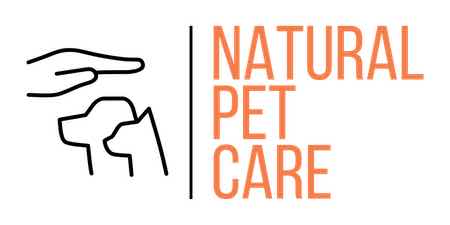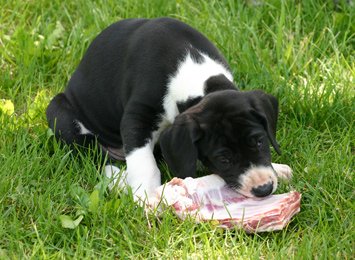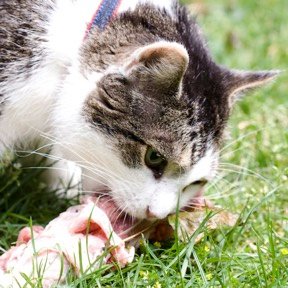

- © 2025 Graham Hines MRCVS - 07903286439 Contact Me 0



A puppy having rib bones - softer for smaller teeth

Cats also benefit from chewing bones

An example of poor teeth in a dog. The reason poor diet and dental care. Feed raw you will not see this.

Avoid these late weight bearing bones in most dogs- they can break teeth